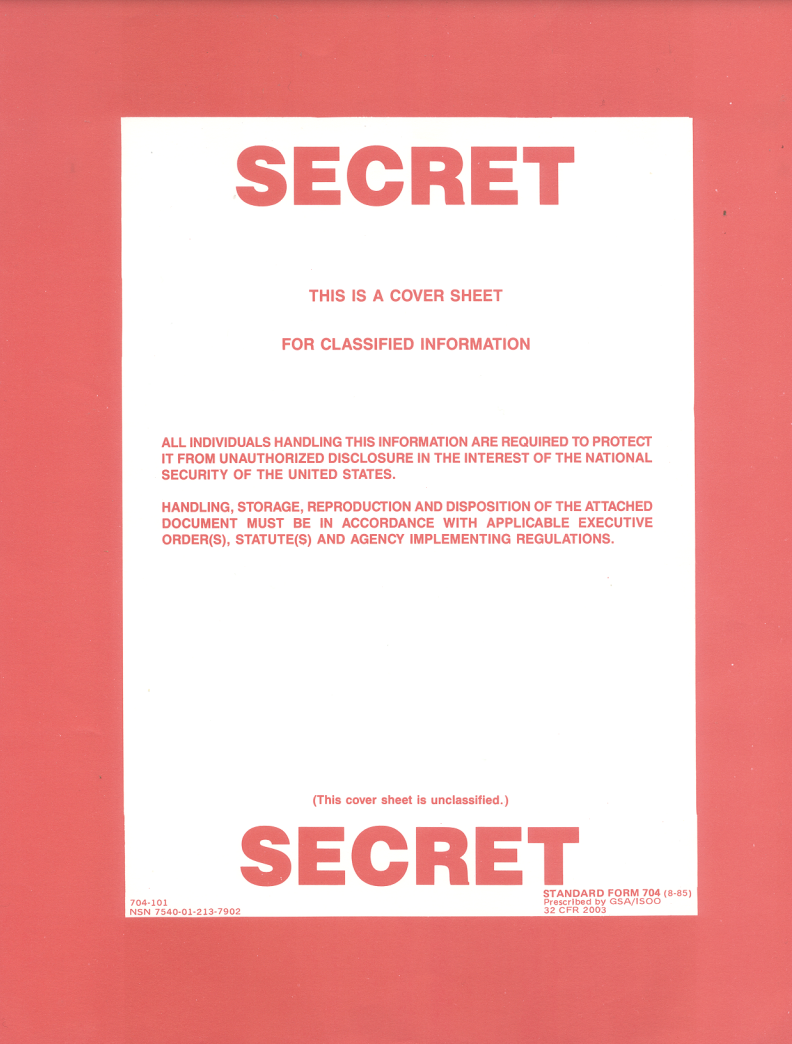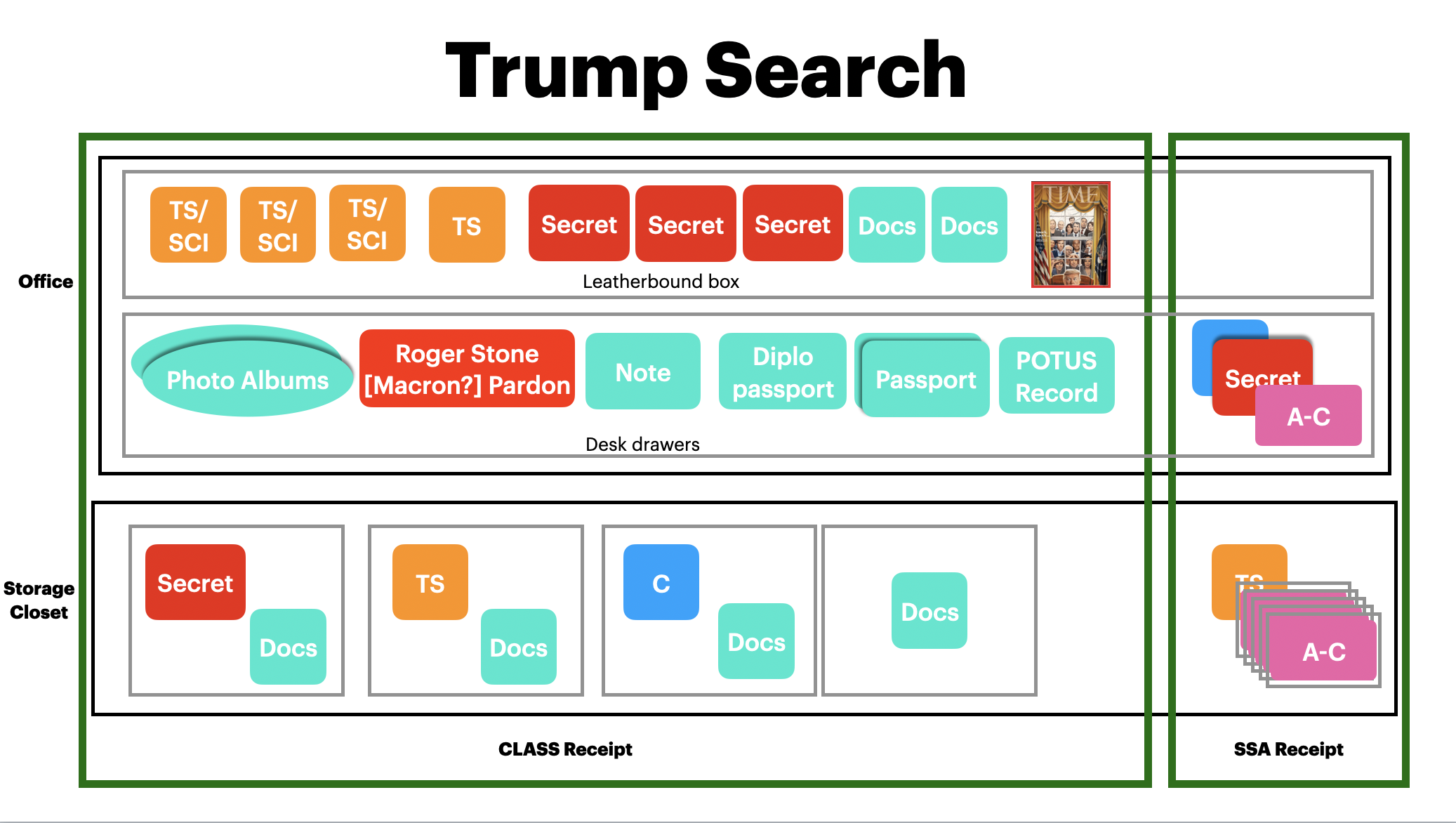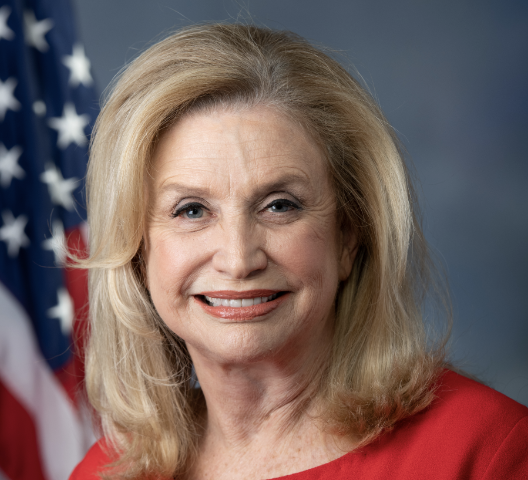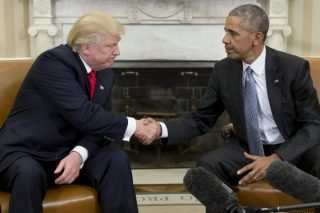Only Eric Herschmann (and Maybe Christina Bobb) Learned the Steve Bannon Lesson
There’s a lot to unpack in this NYT story about the in-fighting on Trump’s legal team.
It confirms that prosecutors have asked to interview Christina Bobb and notes that she “added language to” the declaration that Evan Corcoran wrote about his search for documents “to make it less ironclad a declaration before signing it.” (If I had to guess, I’d say this pertains to the limits on the search having taken place at Mar-a-Lago.) The story proclaims ignorance about whether Bobb actually has testified. But the shift in how DOJ has discussed Corcoran — describing him claiming he “was advised” about certain topics in the search warrant affidavit, but then stating he “represented” those same topics at the June 3 meeting in their response to Trump’s request for a Special Master — is consistent with Bobb refusing to be made the fall-gal. DOJ’s assertion that Trump’s lawyers might be “witnesses,” plural, in their motion for a stay to the 11th Circuit also suggests some inside knowledge about things that another Trump lawyer may have done (note, the reference in the affidavit to Corcoran as FPOTUS Counsel 1 suggests another Trump lawyer is described in it later in the affidavit).
NYT also describes Eric Herschmann’s famously candid opinions, this time about the value of Boris Epshteyn’s legal advice.
“I certainly am not relying on any legal analysis from either of you [Corcoran and John Rowley] or Boris who — to be clear — I think is an idiot,” Mr. Herschmann wrote in a different email. “When I questioned Boris’s legal experience to work on challenging a presidential election since he appeared to have none — challenges that resulted in multiple court failures — he boasted that he was ‘just having fun,’ while also taking selfies and posting pictures online of his escapades.”
I have been wondering whether Epshteyn, in particular, were just exploiting Trump for his own objectives before he moves onto some other convenient vehicle for extremism after Trump is crushed by legal troubles inadequately defended, and this anecdote would be consistent with that.
But the larger story describes how Herschmann refused to simply just bullshit his way through privilege invocations before a January 6 grand jury. The story is based on an email thread in which Corcoran — who helped Steve Bannon get convicted of contempt — attempted to persuade Herschmann to follow the exact same approach to testifying that Bannon (and John Rowley client Peter Navarro) adopted with the January 6 Committee: To refuse to testify based off a claim of Executive Privilege that Trump had not formally invoked.
Incidentally, that’s the very same approach Trump has used before Aileen Cannon. Thus far it has worked like a charm for her. It has been less successful with every other investigative body.
In fact, Herschmann seems to have made precisely the same point I have in the past, to Corcoran (and Rowley): Executive Privilege doesn’t work the way Corcoran claimed it did when he was busy shepherding Bannon to a contempt conviction.
In his emails to Mr. Corcoran and Mr. Rowley, Mr. Herschmann — a prominent witness for the House select committee on Jan. 6 and what led to it — invoked Mr. Corcoran’s defense of Mr. Bannon and argued pointedly that case law about executive privilege did not reflect what Mr. Corcoran believed it did.
So after repeated insistence that he get a real privilege invocation and after refusing to discuss these things without a documentary trail, the morning before Herschmann would have testified, Trump’s lawyers acceded to Herschmann’s demand for a proper invocation of privilege.
After ignoring Mr. Herschmann or giving him what he seemed to consider perplexing answers to the requests for weeks, two of the former president’s lawyers, M. Evan Corcoran and John Rowley, offered him only broad instructions in late August. Assert sweeping claims of executive privilege, they advised him, after Mr. Corcoran had suggested that an unspecified “chief judge” would ultimately validate their belief that a president’s powers extend far beyond their time in office.
[snip]
Mr. Corcoran at one point sought to get on the phone with Mr. Herschmann to discuss his testimony, instead of simply sending the written directions, which alarmed Mr. Herschmann, given that Mr. Herschmann was a witness, the emails show.
In language that mirrored the federal statute against witness tampering, Mr. Herschmann told Mr. Corcoran that Mr. Epshteyn, himself under subpoena in Georgia, “should not in any way be involved in trying to influence, delay or prevent my testimony.”
“He is not in a position or qualified to opine on any of these issues,” Mr. Herschmann said.
Mr. Epshteyn declined to respond to a request for comment.
Nearly four weeks after Mr. Herschmann first asked for an instruction letter and for Mr. Trump’s lawyers to seek a court order invoking a privilege claim, the emails show that he received notification from the lawyers — in the early morning hours of the day he was scheduled to testify — that they had finally done as he asked. [my emphasis]
So let’s talk about the timing of all this — and also about how Glenn Thrush, who is a politics reporter who knows fuckall about DOJ, keeps getting scoops about details that would be known to those being investigated, including this email chain that would be protected by the same principles of attorney-client privilege that Corcoran claimed to be vigorously protecting in it.
The emails were obtained by The New York Times from a person who was not on the thread of correspondence. Mr. Herschmann declined to comment.
According to a slew of reports, Herschmann was first subpoenaed around August 15. Given the timeline laid out in the story, describing that Herschmann asked for four weeks before getting a formal privilege letter, it would suggest he didn’t get a formal privilege invocation until around September 12 — days ago, perhaps even more recently than that.
According to an equally coordinated set of stories, the two Pats — Cipollone and Philbin, who happen to be law partners — were subpoenaed earlier than that. Those reports, which came out on August 3, eleven days before the stories about Herschmann being subpoenaed, described how there was some discussion about how to handle Executive Privilege claims.
A federal grand jury has subpoenaed former Trump White House counsel Pat Cipollone in its investigation into the Jan. 6 assault on the U.S. Capitol and efforts to overturn the 2020 election, sources with direct knowledge of the matter told ABC News.
The sources told ABC News that attorneys for Cipollone — like they did with the House select committee investigating the Jan. 6 attack on the Capitol — are expected to engage in negotiations around any appearance, while weighing concerns regarding potential claims of executive privilege.
As ABC pointed out, before he testified to the January 6 Committee, Cipollone made a similarly big fuss about Executive Privilege.
But when he testified to the Committee, Cipollone made specious privilege invocations to avoid testifying about the former President cheering violence, including violence directed at his Vice President.
UNKNOWN: My question is exactly that, that it sounds like you from the very outset of violence at the Capitol, right around 2:00, were pushing for a strong statement that people should leave the Capitol. Is that right?
PAT CIPOLLONE: I was, and others were as well.
UNKNOWN: Pat, you said that you expressed your opinion forcefully. Could you tell us exactly how you did that?
PAT CIPOLLONE: Yeah, I can’t — I don’t have, you know, I have to — on the privilege issue, I can’t talk about conversations with the President, but I can generically say that I said, you know, people need to be told, there needs to be a public announcement fast that they need to leave the Capitol.
[snip]
UNKNOWN: Do you remember any discussion at any point during the day about rioters at the Capitol chanting hang Mike Pence?
PAT CIPOLLONE: Yes, I remember — I remember hearing that about that, yes. I don’t know if I observed that myself on TV.
UNKNOWN: I’m just curious. I understand the — the privilege line you’ve drawn, but do you remember what you can share with us about the discussion about those chants, the hang Mike Pence chants?
PAT CIPOLLONE: I can tell you my view of that.
UNKNOWN: Yeah, please.
PAT CIPOLLONE: My view of that is that is outrageous. And for anyone to suggest such a thing of the vice president of the United States, for people in that crowd to be chanting that I thought was terrible. I thought it was outrageous and wrong, and I expressed that very clearly.
ADAM SCHIFF: With respect to your conversations with Mr. Meadows, though, did you specifically raise your concern over the vice president with him, and — and how did he respond?
PAT CIPOLLONE: I believe I raised the concern about the vice president, and I — and I — again, the nature of his response, without recalling exactly was he — you know, people were doing all that they could.
ADAM SCHIFF: And — and what about the president? Did he indicate whether he thought the president was doing what needed to be done to protect the vice president?
UNKNOWN: Privilege. You have to assert it. That question would —
PAT CIPOLLONE: That would call for — I’m being instructed on privilege.
[snip]
LIZ CHENEY: And who on the staff did not want people to leave the Capitol?
PAT CIPOLLONE: On the staff?
LIZ CHENEY: In the White House, how about?
PAT CIPOLLONE: I don’t — I — I can’t think of anybody, you know, on that day who didn’t want people to get out of the — the Capitol once the — you know, particularly once the violence started, no. I mean —
ADAM SCHIFF: What about the president?
LIZ CHENEY: Yeah.
PAT CIPOLLONE: She said the staff, so I answered.
LIZ CHENEY: No, I said in the White House.
PAT CIPOLLONE: Oh, I’m sorry. I — I apologize. I thought you said who — who else on the staff. I — I — I can’t reveal communications, but obviously I think, you know, — yeah. [my emphasis]
Cipollone invoked Executive Privilege to avoid revealing details about Trump cheering the violence directed at his Vice President and hoping that rioters would stay at the Capitol. Cipollone made those privilege claims on July 8, two months before the rough date when, after much badgering, Herschmann succeeded in getting a letter invoking privilege from Trump’s lawyers.
That’s the only known formal invocation of Executive Privilege Trump has put in writing regarding January 6.
And if Herschmann got that letter on September 12, he would have gotten it after the two Pats testified in one-two fashion on September 2.
Email chains like this — by any measure, clearly privileged — usually get leaked (to politics reporters) when legally exposed individuals are trying to telegraph to each other important details about their testimony.
And whatever else this story conveys, it tells anyone who has already testified and invoked privilege that Chief Judge Beryl Howell has recently gotten, and will be deciding on, the first known formal invocation of privilege. Howell will be asked to weigh not just whether a White House Counsel can invoke Executive Privilege in a criminal investigation implicating the President, a topic about which Bill Clinton would have a lot to offer. She’ll also be asked, generally, about the privilege claims lawyers are making about an event — January 6 — that the Supreme Court has already decided Executive Privilege, at least, must be waived.
If Howell rejects Trump’s invocation of privilege with Herschmann, then any claims of Executive Privilege that the two Pats made in their one-two testimony on September 2 would fail as well.
And Pat Cipollone is a direct and credible witness to Trump’s cheers of violence directed at his Vice President.
The effort to get witnesses to invoke Executive Privilege without any formal invocation that Judge Howell would review is not new. Trump has been pursuing this for a year, first with Justin Clark telling Bannon to bullshit his way through privilege claims with the January 6 Committee, then with unnamed lawyers persuading Cipollone to bullshit his way through testimony to the January 6 Committee, and most recently to Evan Corcoran — who had a front row seat to see that not even former Clarence Thomas clerk Carl Nichols would buy such bullshit — continuing to pursue such an approach even after it led directly to Bannon’s conviction.
Eric Herschmann, at least (and possibly also Christina Bobb) has learned the lesson of Steve Bannon.

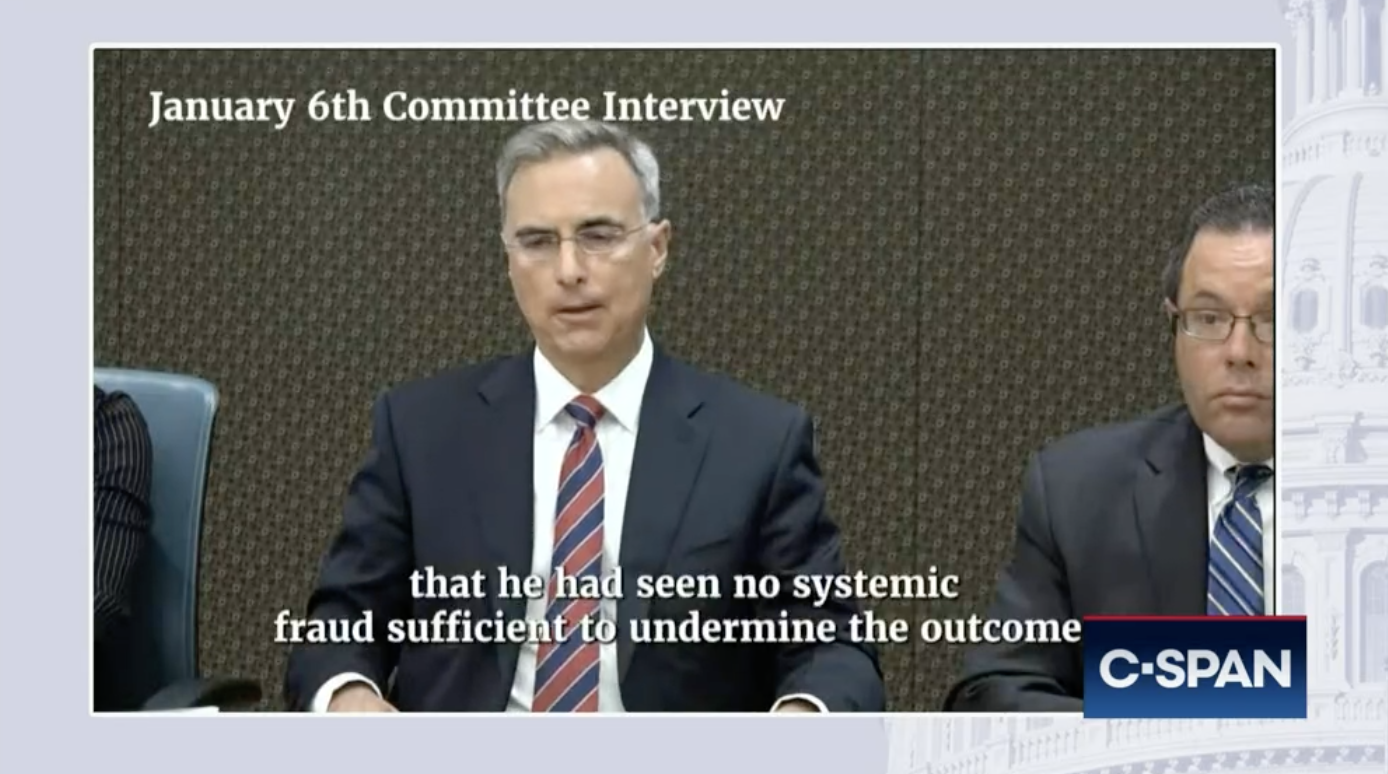

![[Photo: National Security Agency, Ft. Meade, MD via Wikimedia]](https://www.emptywheel.net/wp-content/uploads/2017/08/NationalSecurityAgency_HQ-FortMeadeMD_Wikimedia.jpg)
